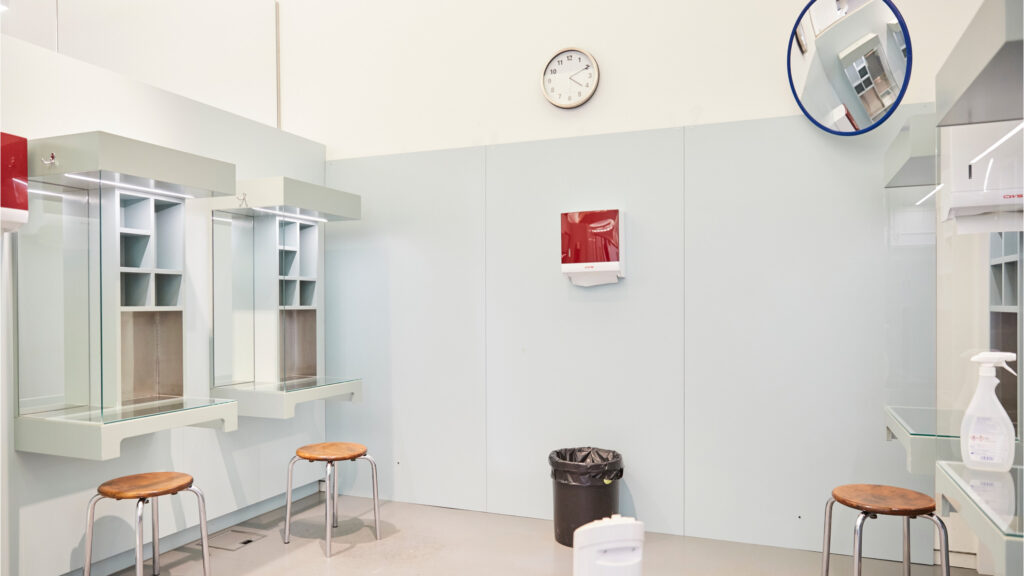The lobby of this addiction clinic is unremarkable, really, except for the network of metal chutes and tubes that hug the walls as they snake downward from a pharmacy on the upper floors. Every few minutes, a new prescription comes clattering down, delivering a bottle full of powerful and effective pills used to treat opioid addiction to a waiting patient at the front desk. Sometimes, it’s methadone. Other patients prefer slow-release morphine. In rare cases, for those at high risk of overdose or infectious disease, this clinic even prescribes pharmaceutical-grade heroin.
This scene is typical of a Monday afternoon in Switzerland. But in the United States, where opioid addiction medications remain controversial and highly stigmatized, it would be unthinkable. Just two medications are approved to treat opioid withdrawal symptoms in the U.S., and methadone, the more effective of the two, is kept under lock and key. Doctors cannot prescribe it except at specialized clinics. Pharmacies cannot dispense it. Instead, most patients seeking methadone treatment must attend their clinic each morning to receive a single dose.
But at Arud Centre for Addiction Medicine, a leading Swiss clinic, all patients in need of addiction care are given instant access to weeks’ worth of medication. They are not required to participate in counseling, or subjected to drug tests, or punished if they relapse and use illicit substances. It is a strategy that many American methadone clinics warn would result in disaster — but that European experts say is the continent’s key to success.


